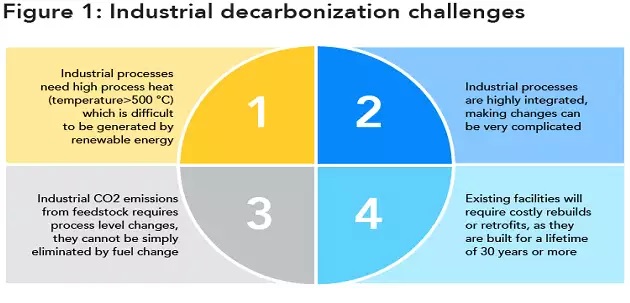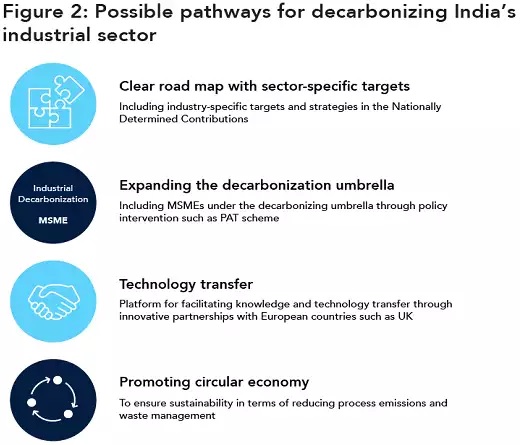7667766266
enquiry@shankarias.in
What is the issue?
India’s announcement of achieving net-zero emissions by 2070 has highlighted the importance of decarbonising the economy but the road ahead will be challenging.
What is decarbonisation and what will be the impacts?
Decarbonisation is the process of reducing the amount of carbon, mainly carbon dioxide (CO2), sent into the atmosphere.

What approach is needed for decarbonisation of economy?
India is anticipating that 80-85% of the country’s electricity demand will be met from renewable sources by 2050.

References